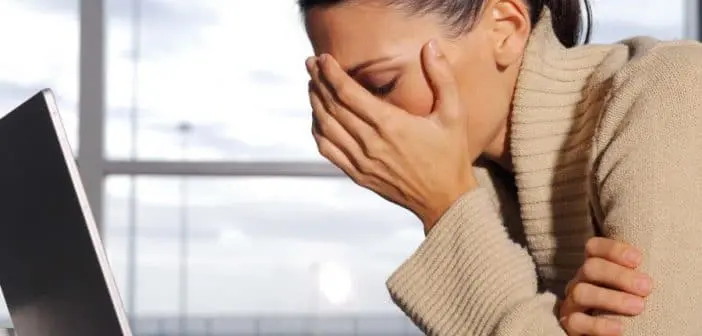Experts from the United States have identified how the use of social networks affects physical health.
Doctors conducted a study with the help of volunteers who were students. They were followed for several months.
Participants had to periodically fill out questionnaires with questions about the use of social networks.
In addition, they had to take a blood test so that their health status was checked.
As experts were able to determine, frequent use of social networks was associated with high levels of C-reactive protein (CRP), a biological marker of chronic inflammation in the blood associated with chronic heart disease, as well as with oncology.
The scientists also noticed that the quality of sleep worsened in the volunteers, and the level of stress in the body became greater.
At the same time, the number of activities that promote health has decreased.
The results of the relevant study were published on med-heal.
How Social Media Can Affect Our Self-Esteem
Using social media reinforces our natural tendency to compare ourselves. How does this affect our well-being? We all have a natural tendency to compare ourselves to others, whether intentionally or not, online or offline. Such comparisons help us evaluate our own accomplishments, skills, personality, and our emotions. This, in turn, affects how we see ourselves.
Comparing ourselves on social networks with people who are worse than us, we feel better. However, comparing ourselves to people who do better than us instead makes us feel inferior or inadequate. The social media platform we choose also affects our morale, as do crisis situations such as the COVID-19 pandemic. The details of the studies were shared by the MedicalXpress portal.
It is believed that the degree of social comparison that individuals make affects the degree of their motivation. According to a study by researchers at the Ruhr University in Bochum, Germany, there is an optimal level of perceived difference between self and others that maximizes the effect of social comparison.
In particular, if we consider ourselves significantly superior to others, we will not be motivated to improve because we already feel we are in a good position. However, if we consider ourselves very inferior, we will not be motivated to improve, because the goal seems too difficult to achieve.
In other words, the researchers note that beyond or below the optimal level of perceived difference between self and other person, the person no longer makes any effort. Perceiving themselves as inferior, the individual will experience negative emotions, feelings of guilt, and reduced pride and self-esteem.
Thus, social comparisons have implications for both our behavior and our psychological well-being. However, comparing yourself to other people at a restaurant dinner does not necessarily have the same effect as comparing yourself to other people on Facebook. It’s easier to come up with an exciting existence or sugarcoat certain aspects of things on a social media platform than it is in real life.
The advent of social networks, which allows us to share content where we always appear in our best light, has led many researchers to consider the possibility that this reinforces unrealistic comparisons. Research shows that the more time people spend on Facebook and Instagram, the more they compare themselves socially. This social comparison is associated with lower self-esteem and higher social anxiety, among other things.
A study by researchers at the National University of Singapore attributes these findings to the fact that people tend to present positive information about themselves on social networks. They can also enhance their appearance with filters that give the impression that there is a big difference between them and others. In turn, researchers working at Facebook noticed that the more people view content in which people share the positive aspects of their lives on the platform, the more likely they are to compare themselves to others.
A study by researchers at the University of Kore in Enna, Italy found that prior to the lockdown, high levels of online social comparison were associated with more suffering, loneliness, and a less satisfying life. But this was no longer the case during the lockdowns. One reason for this could be that by comparing themselves to others during lockdown, people felt they were sharing the same difficult experience. This reduced the negative impact of social comparisons. So comparing yourself to others online during difficult times can be a positive force for improving relationships and sharing feelings of fear and insecurity.
There are differences depending on which social media platform an individual is using. Researchers from the University of Lorraine, France, believe that social media platforms should not be merged together. For example, the use of Facebook and Instagram is associated with lower levels of well-being, while Twitter is associated with more positive emotions and higher life satisfaction. One possible explanation: Facebook and Instagram are known to be places for positive self-presentation, unlike Twitter, where it is more appropriate to share your real opinions and emotions.
Trying to get social support on social networks during the COVID-19 pandemic can lead to reactivation of negative emotions instead of releasing them, depending on which social media platform a person uses, scientists remind.







